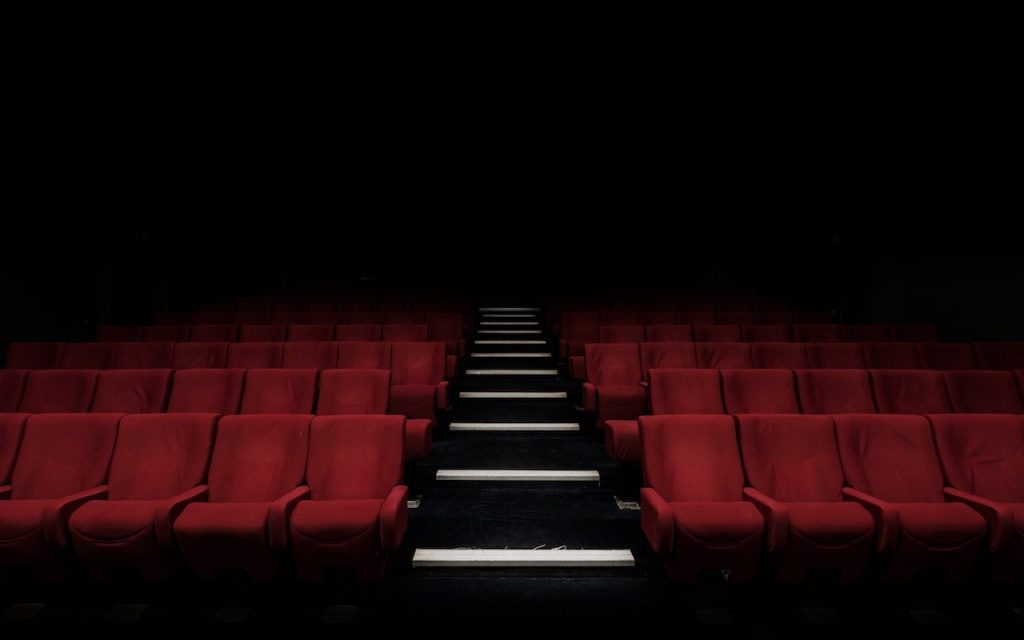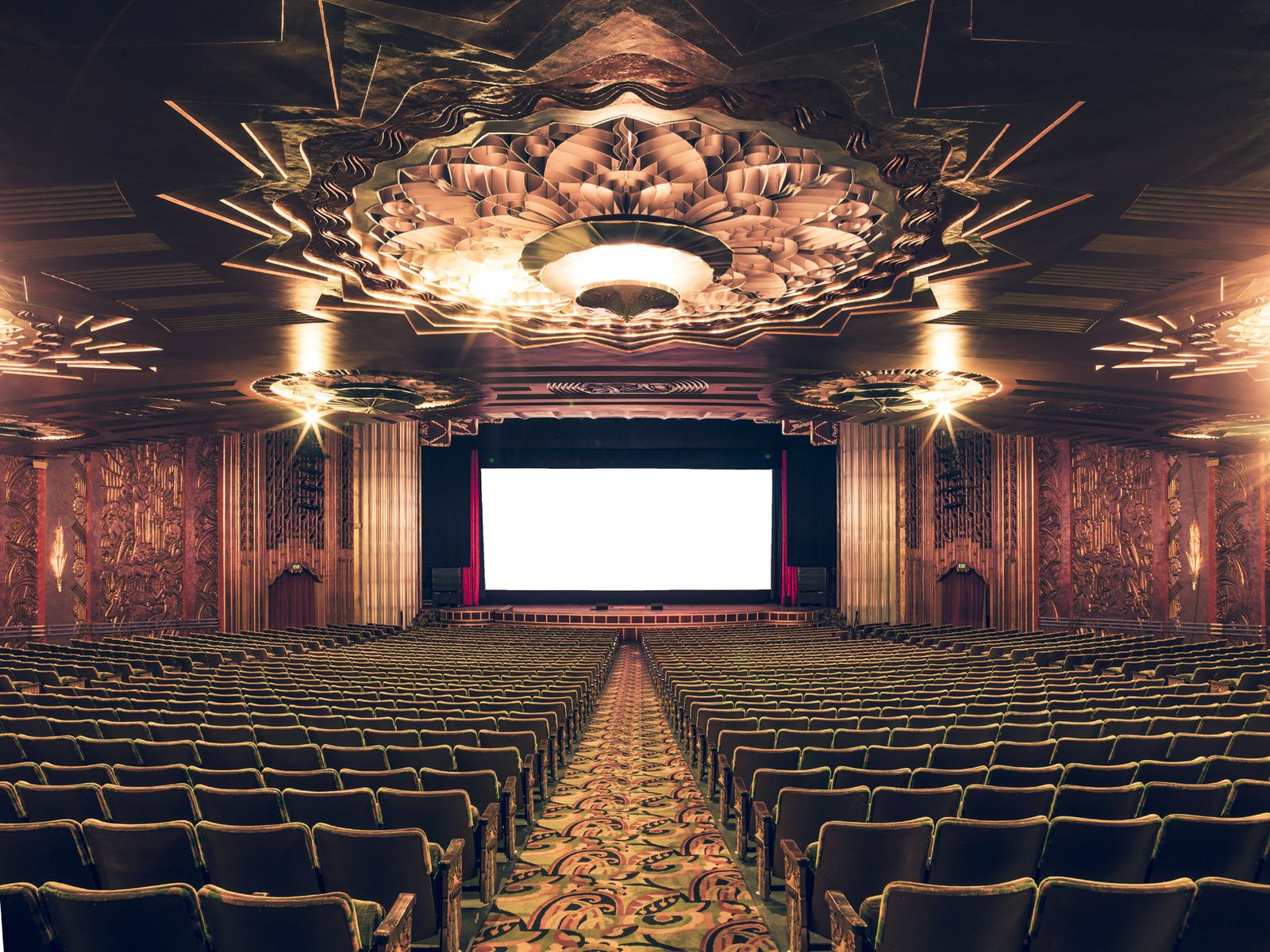In the last couple of years, non-mainstream, experimental theaters have gained popularity in Russia. Popularity was caused by the fact that these theaters have raised all social and political issues. They also showed the courage to talk about the government’s crimes and were a “new” breath for the public, who were accustomed to classical productions.
Such theaters are often called independent. However, one must understand that “independence” can be interpreted in different ways. Most importantly, these establishments are financially independent from the state. They are also ideologically independent. They have freedom of thought and the ability to independently choose a repertoire, create an experiment on stage. While waiting for your favorite play to start, you can play on BetChan.
Unified leaders of culture

Russia’s aggression against Ukraine has evoked a stunning unanimity among theatrical figures who are not connected with state funding. This also applies to media persons who do not represent Russian President Vladimir Putin personally or the party in power – United Russia. These people are unanimous in condemning the president and the inadmissibility of war. This level of unity was not noticeable, even among university professors. The following are a few specific but interesting examples.
The director of the Meyerhold Center, Elena Kovalskaya, resigned on the very first day of the war in protest. This center was sponsored by the state, but this lady found it unacceptable to work for the state. Not everyone has the courage to do the same. A few weeks later, the artistic director of the same theater, Dmitry Volkostrelov, was fired for an anti-war post which he published on a social media page.
Closure of Gogol Center
The well-known artistic director of the Platonov Arts Festival and the Chamber Theater was also fired due to his anti-war position. On June 29, the Department of Culture of the city of Moscow announced that they would not renew contracts with mentors of popular theaters: Sovremennik and Gogol Center. Heads of these theaters handled the situation very well. These theaters were almost completely full under their leadership. These brilliant people were replaced by a bunch of people who no one has heard of, even those who are familiar with the latest cultural developments.
Authorities did this to disrupt the experimental form and unify the theater, as well as to eliminate the opposition movement in the country.
Bad Omen
In Belarus, a neighboring authoritarian state, all independent theaters, actors, playwrights, directors have long been forced out of the country or are serving time in jail.
In Russia, there are still many theaters that promote independence of thoughts. This is especially true for Moscow and St. Petersburg. But with the beginning of the war unleashed by Russia, it looks more and more likely that the government will start oppressing cultural leaders, similar to Belarus.
Not a single tyranny will tolerate people with independent opinions. These people are educating the society in which they exist. Whereas Authoritarian regimes want to use propaganda to control the narrative and corrupt the society.



